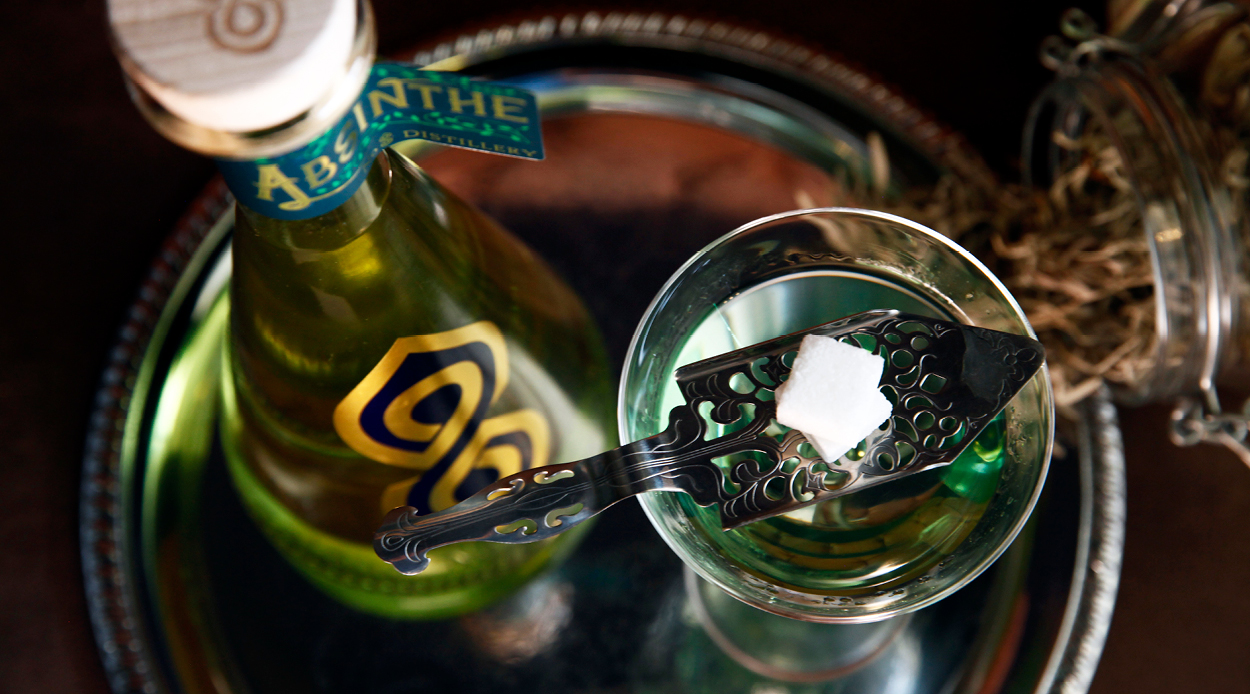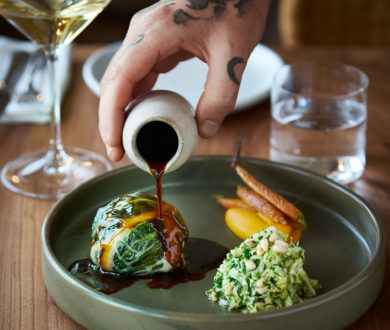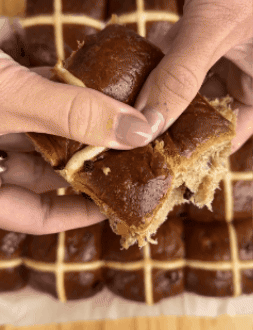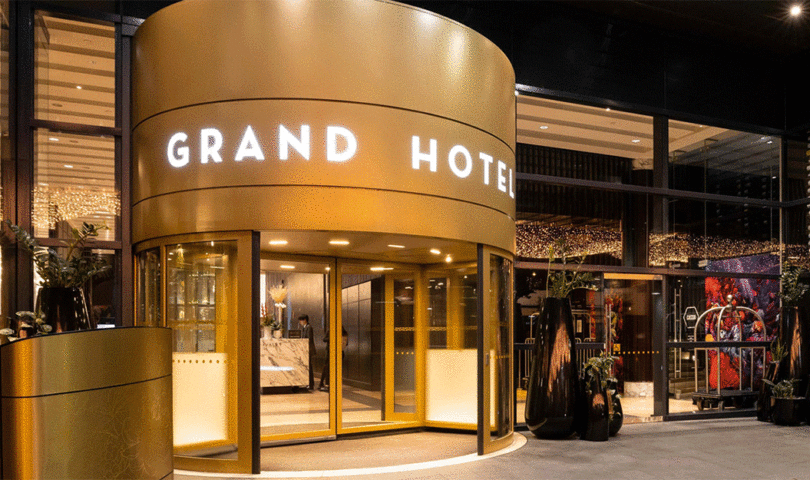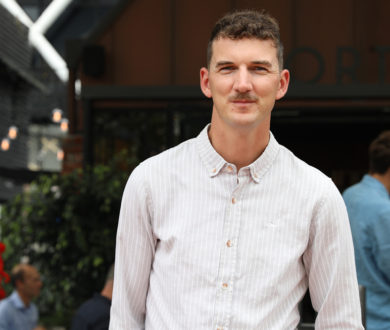Dunedin-based No8 Distillery is far more than simply a purveyor of exceptional spirits, it’s an ode to heritage and a commitment to the future. At its inception, No8 saw the coming together of two unlikely comrades from different worlds — Michael, an ex-military engineer with a background in coffee and chocolate production, and Julien, a French pastry chef. The pair hatched a plan to open a boutique distillery in the heart of Dunedin, and the rest, as they say, is history.

No longer in the No8 fold, Michael’s incredible knack for flavour extraction, forged across 15 years in coffee roasting, brewing, and chocolate manufacturing, was fundamental to the brand’s early success, but it’s Julien’s native France and its influence that have proved foundational to the artisanal spirit and time-honoured craft of No8. Drawing upon family recipes, distilling knowledge, and a penchant for foraging, passed down through four generations, Julien infuses the brand and libations themselves with the essence of France — and it shows.
“I grew up between two French regions with a strong food and beverage identity: Trouville-Deauville in Normandy, known for its apple trees, cider, Calvados, cows, and seafood, and Grenoble in Isère, famous for its walnut trees, berries, beer, cheese, and proximity to the Chartreuse distillery,” he tells me, “These regions provided a rich backdrop for my culinary and distilling journey, shaping my skills and passion from a young age.” In Normandy, Julian discovered the joys of cooking and spirit making with his grandparents. From the age of seven, he would assist his grandmother in making cider — a memory the ex-pastry chef holds dear, “I would pick apples from our various family properties and use an old wooden press to crush and extract the apple juice, which we then turned into cider and Calvados. Our family orchard was a veritable Eden, with pears, apricots, and plums similar to those found in Central Otago.”
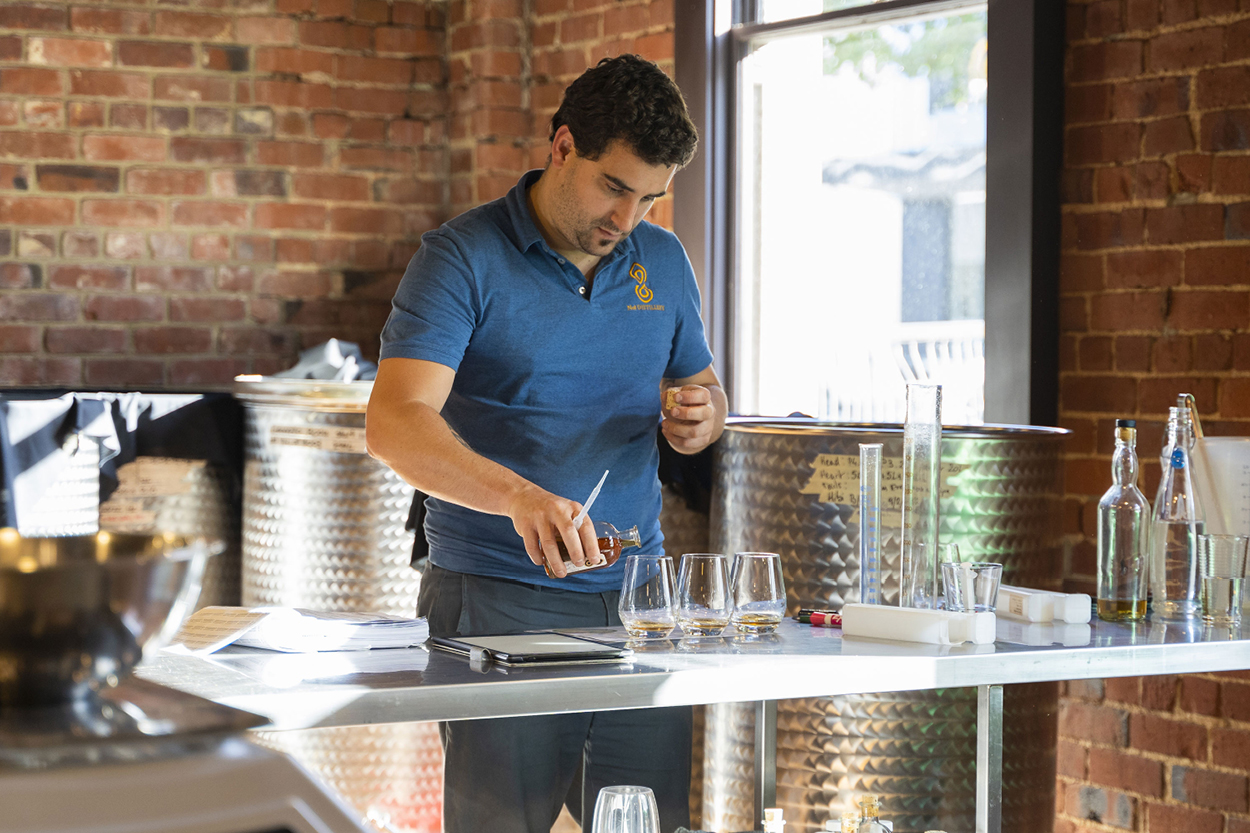
In fact, Julian’s grandmother, Thérèse, played a significant role in his life, “I was very close to her, and in her honour, I named my first 80-litre still in Dunedin after her. She taught me how to make preserves and jams, cook with seasonal produce from the garden, and use flowers and herbs in recipes. Her teachings were more than just culinary lessons; they were life lessons about respecting nature and the bounty it provides.”
As he grew older, he was afforded more responsibility when it came to production, and as the family set about their yearly reunions, coming together to make spirits, Julien’s role advanced. Meanwhile, his uncle opened a restaurant at the largest ski resort in the Alps, Les 2 Alpes, and the eager teenager was keen to muck in wherever he could — but it was the foraging and liqueur making that thrilled him the most, “One of the unique aspects of this restaurant was offering a house digestif at the end of dinner,” he tells me, “In the Alps, it’s common to make your own liqueurs by soaking plants, herbs, fruits, and flowers. My uncle and I would hike to forage the iconic Genepi flower, which produces a sweet, herby, green liqueur similar to Chartreuse, for the restaurant’s digestif.”

From liqueurs, moving on to spirits was a natural progression, and by 15 Julien had learned how to use the pot still, and began experimenting with rum and vodka with his uncle, “We foraged everything,” he recounts, “He taught me about the edible flowers and herbs from the mountains, which we used for cooking and making various liqueurs like elderflower, verbena, walnut wine, and our famous Italian aunt’s limoncello.”
Given his upbringing, it was perhaps inevitable that Julian would eventually find himself in the world of food and drink. He worked as a chef and pastry chef for 18 years, including stints as senior sous chef and head pastry chef at Michelin-starred restaurants and 5-star hotels, but it wasn’t until he found himself running a café in Dunedin’s city centre, that he decided to give spirits production a go.
For Julien, different spirits suit different moods, and as such, he crafts spirits to appeal to different states of mind. The Horopito Gin the first product Julien created (winner of gold in the ‘Contemporary Style Gin’ category in the 2022 World Gin Awards), and is perfect for when you’re feeling bold and full of energy, while the Hibiscus Gin is somewhat of a ‘hug in a mug’ — perfectly suited to a slow Sunday afternoon.

There are currently five gins on offer, with Dunners Dry, Moka and Cherry Sloe joining Hibiscus and Horopito, available alongside vodka, limoncello, ouzo, elderflower and apricot liqueurs, and a French Absinthe, based on an authentic French recipe from 1926 handed down in Julien’s family over three generations. There are also plans to launch rum later this year, with 3-Year Golden Rum, Pineapple Rum and French Spiced Rum all soon to join the fold.
Ultimately, what Julian has created in No8 is a tribute to his native France and an ode to Kiwi ingenuity (the No. 8 wire mentality our country is known for). With an ever-growing oeuvre and a drive to constantly evolve, No8 is one to watch — and if the mounting awards are anything to go by, exactly what discerning drinkers should be sipping.

